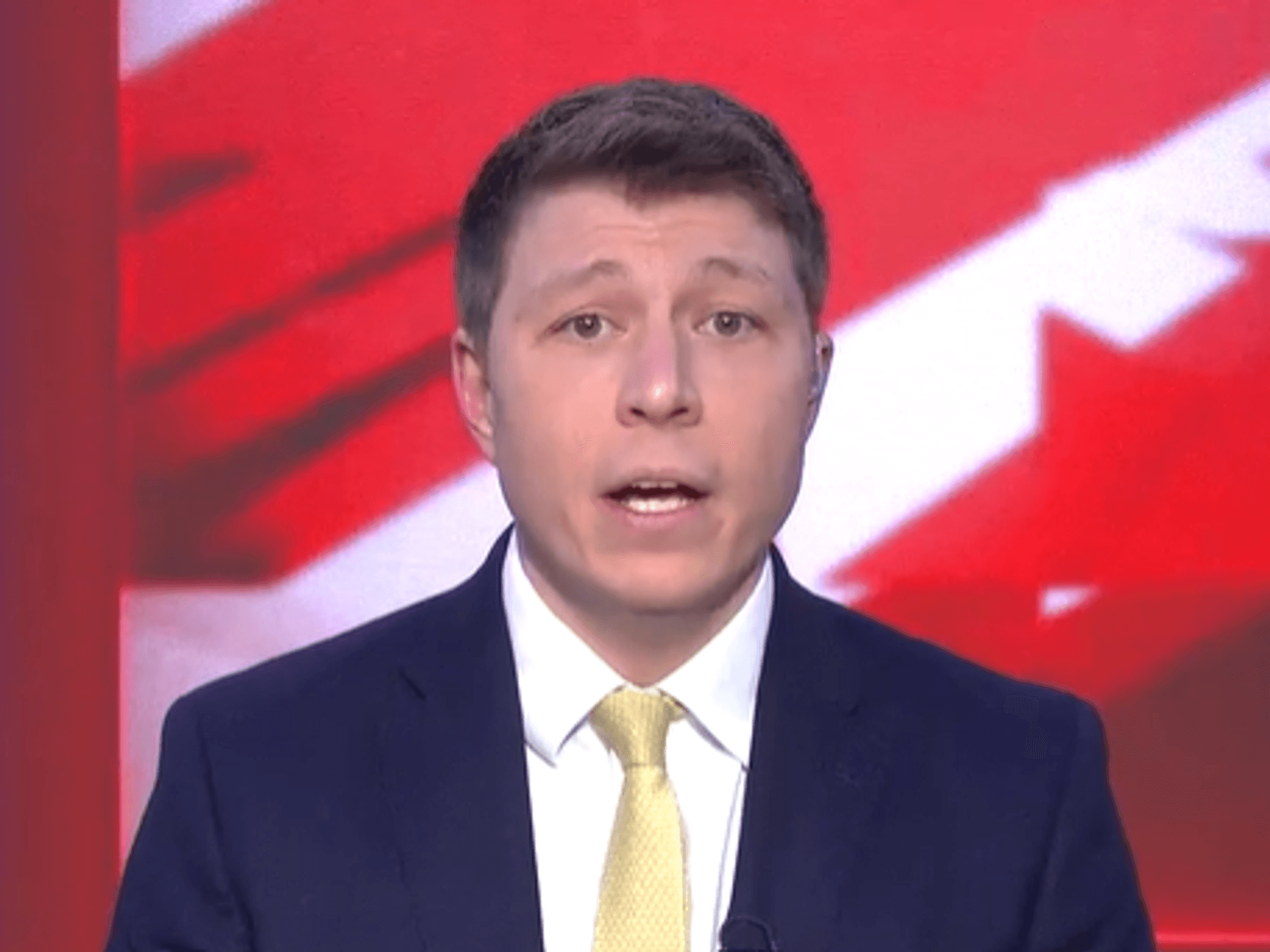Labour fails to keep manifesto promise as millions of drivers suffer from Rachel Reeves' tax hikes
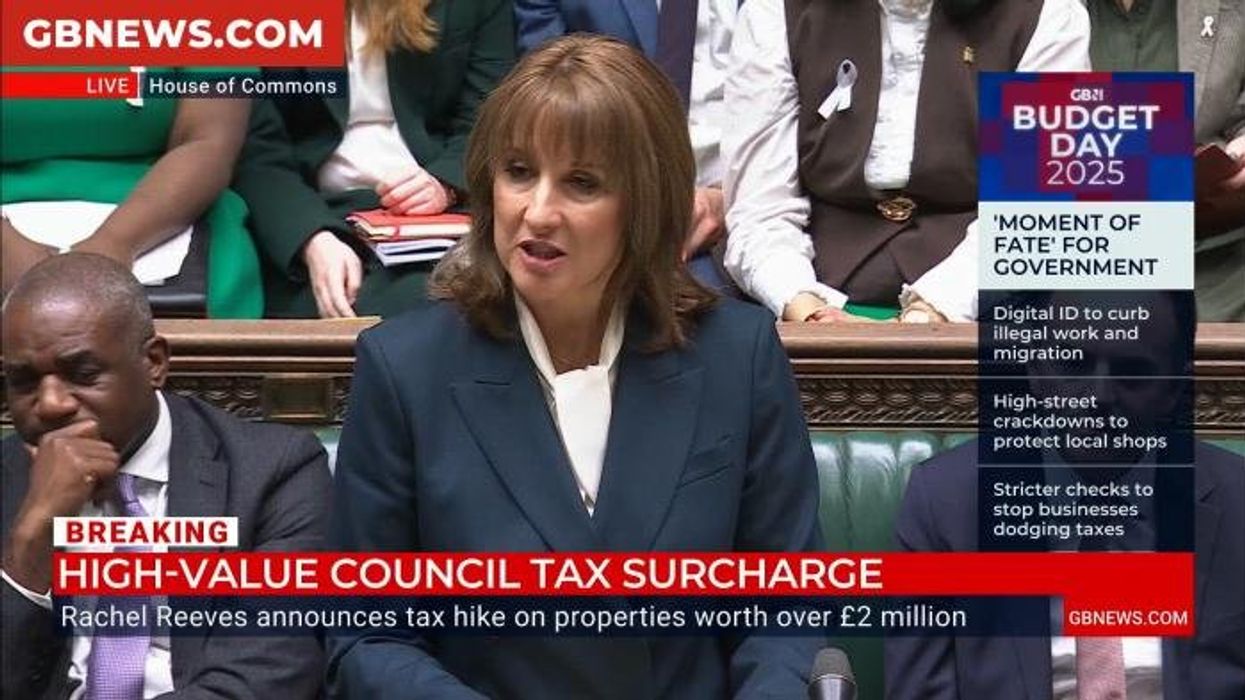
WATCH: Chancellor Rachel Reeves confirms major changes for motorists
|GB NEWS

Labour had previously pledged to 'support drivers' and help lower the costs surrounding driving
Don't Miss
Most Read
Latest
Labour has broken its manifesto pledge to back motorists after announcing a series of cost hikes for drivers during this year's Autumn Budget.
The manifesto, unveiled last year ahead of the General Election, stated that if Labour were to gain power, they would "further support drivers" by tackling key issues that impacted motorists.
This included the soaring cost of car insurance, fuel prices, as well as further support for the rollout of electric vehicles across the UK.
But after today's introduction of pay-per-mile taxes for electric vehicles, Labour has failed to back its original promise that helped get the party elected.
TRENDING
Stories
Videos
Your Say
The manifesto originally pledged: "Labour will further support drivers by tackling the soaring cost of car insurance.
"And, as set out in our automotive sector plan, Labour will support the transition to electric vehicles by accelerating the rollout of charge points, giving certainty to manufacturers by restoring the phase-out date of 2030 for new cars with internal combustion engines, and supporting buyers of secondhand electric cars by standardising the information supplied on the condition of batteries."
However, this promise has been broken twice already. Once in power, during last year's Autumn Budget, Rachel Reeves introduced changes to Benefit-in-Kind taxes which impact how drivers are charged for using company cars.
On top of this, the Chancellor also oversaw the introduction of Vehicle Excise Duty payments for electric cars for the first time, despite being announced by the previous Conservative Government.
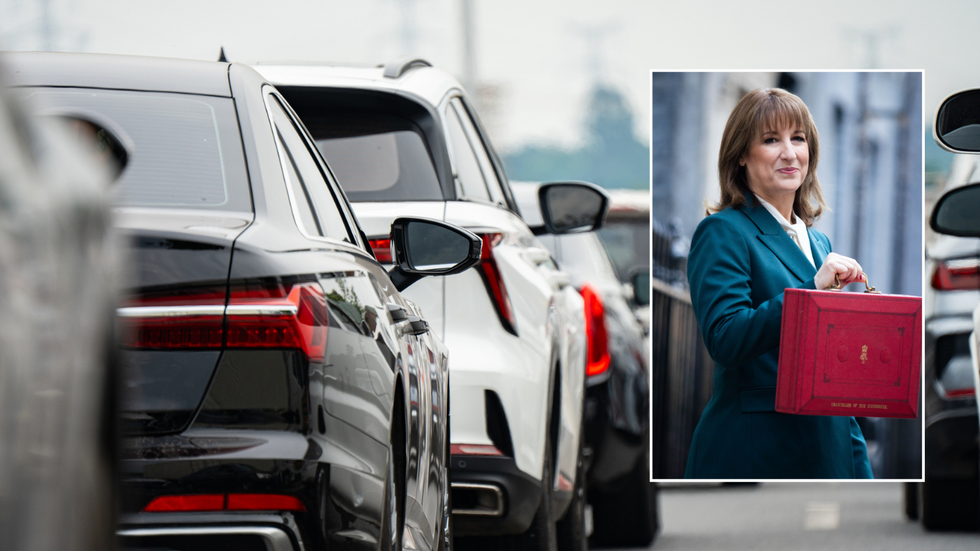
The Labour manifesto pledged to support drivers if it got into power
|PA/GETTY
This change came into force in April this year and required EV owners to pay the lowest rate of £10 for first-year payments, but from next year, they will be subject to the standard £195 rate, the same as petrol and diesel owners.
During today's Budget, the Chancellor announced new pay-per-mile car taxes for electric drivers coming into effect in 2028.
This is despite the Transport Secretary ruling out the introduction of new road charges, telling the House of Commons that "there are no proposals to introduce a national pay-per-mile scheme".
Heidi Alexander said that the Government stands firmly with motorists, outlining its commitment to supporting drivers through infrastructure investments rather than implementing new charging mechanisms.
LATEST DEVELOPMENTS
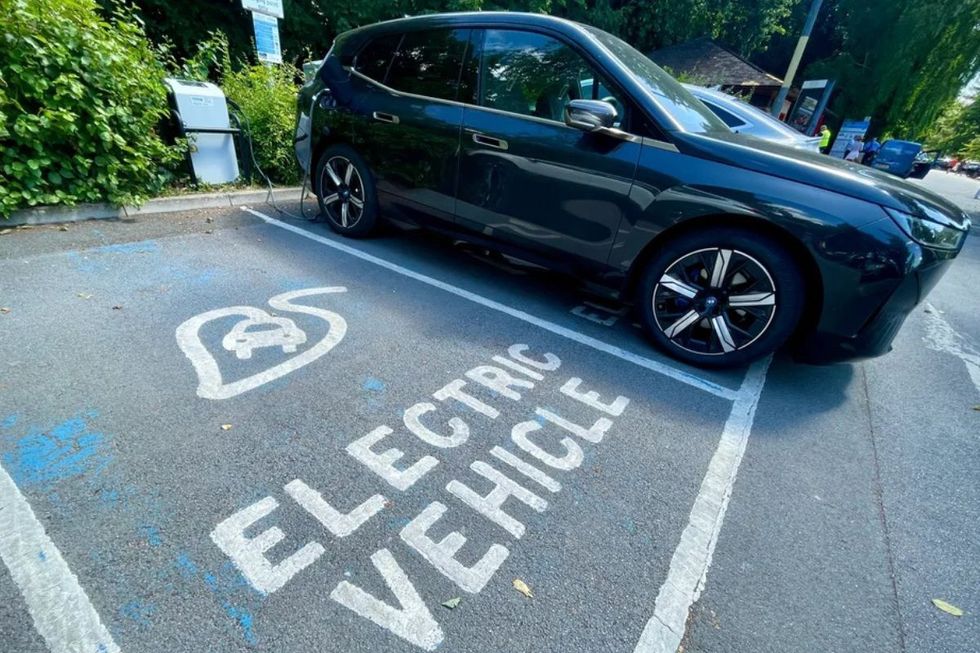
The Chancellor said the new taxes for electric vehicles would help fund future road projects
| GETTYThe official Budget document detailed: "The taxation of motoring is a critical source of funding for public services and investment in infrastructure, including upkeep of the roads.
The move risks going completely against the Zero Emission Vehicle mandate, which aims to increase the uptake in electric cars, alongside the ban on new petrol and diesel cars from 2030.
Steve Walker, Head of Digital Content at Auto Express, said: "With the switch to electric taking ever-increasing chunks out of fuel duty revenues, at some point a Government was going to have to decide what comes next.
"Petrol cars will be on the road for many years to come, but every EV sold is one fewer that’s visiting petrol stations and pumping money into Treasury coffers."
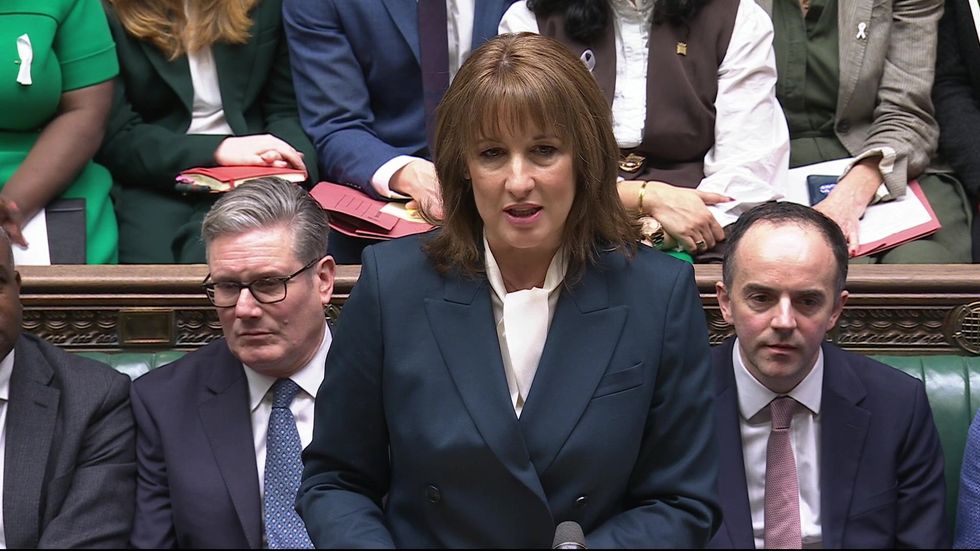
Rachel Reeves told the House of Commons of plans to charge electric car drivers pay-per-mile taxes
| PAHowever, according to the Office for Budget Responsibility, the introduction of pay-per-mile charges would likely reduce demand for electric cars as it increases their lifetime cost.
To meet the mandate, manufacturers would therefore need to lower prices or reduce sales of non-EV vehicles, which could impact profitability.
Overall, the statutory body estimated that there will be 440,000 fewer electric car sales as a result of the tax changes.
However, 320,000 of these sales are expected to be offset by other measures referenced in the Budget, including an extra £1.3billion for the Electric Car Grant.





